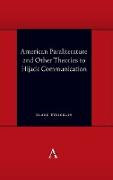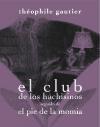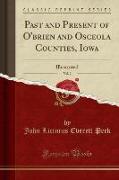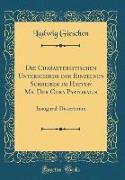American Paraliterature and Other Theories to Hijack Communication
BücherAngebote / Angebote:
American Paraliterature examines the generative encounters of post-1968 French theory with the postwar American avant-garde. The book begins with an account of the 1975 Schizo-Culture conference that was organized by Semiotext(e) editor Sylvère Lotringer at Columbia University. The conference was an attempt to directly connect the American avant-garde with French theory. At the event, John Cage shared the stage with Deleuze and Foucault introduced William S. Burroughs. This schizo-connection presents a way to read the experimental methods of the American avant-garde (Burroughs, Cage, and Kathy Acker), and how their writing creates a counterprogram to the power that Foucault and Deleuze started to articulate in the 1970s. While the year of the Schizo-Culture event also saw the publication of Foucault's Discipline and Punish, his lecture at the conference anticipated his interest in a new form of governance: biopolitics. In the lecture, Foucault argued against the "repressive hypothesis, " which he saw as an invalid theory since there was such an obvious incitement to speak about sex. One discusses sexuality so that governments can "manage" and "administer" populations. Delezue later noted on this "incitement to discourse" in his comments to Antonio Negri. Deleuze saw Foucault (along with Burroughs) as one of the earliest theorists on the control society. This new society, he argues, requires a different set of weapons than those directed against disciplinary institutions. Strikes in factories are no longer effective in an era where the production of information replaces the industrial economy. As Deleuze explained to Negri, weapons against the control society will need to "hijack" speech and "create vacuoles of non-communication." The two American artists-writers at Schizo-Culture developed weapons of non-communication in their art. John Cage emptied the words in Thoreau when he applied his chance operations to literature. William Burroughs attempted to cut-up "the Word." Yet by the mid-1980s, Kathy Acker would write how "ten years ago it seemed possible to destroy language with language." For Acker, "nonsense" does not break the institutional semiotic code of control per se. For Acker, it requires a writer to "speak precisely" in a language these codes forbid. This book considers another theory to hijack communication. Acker's "plagiarism" appropriates canonical literature and then grafts semi-autobiographical and pornographic writing onto them. Samuel R. Delany similarly writes about how his experience in Times Square pornographic theaters creates a different discourse network, one that relies on "contact" instead of "networking." The book concludes by moving outside the academic setting of the Schizo-Culture conference to find alternatives to capitalism's monolingual control of communication and information.
Folgt in ca. 15 Arbeitstagen




